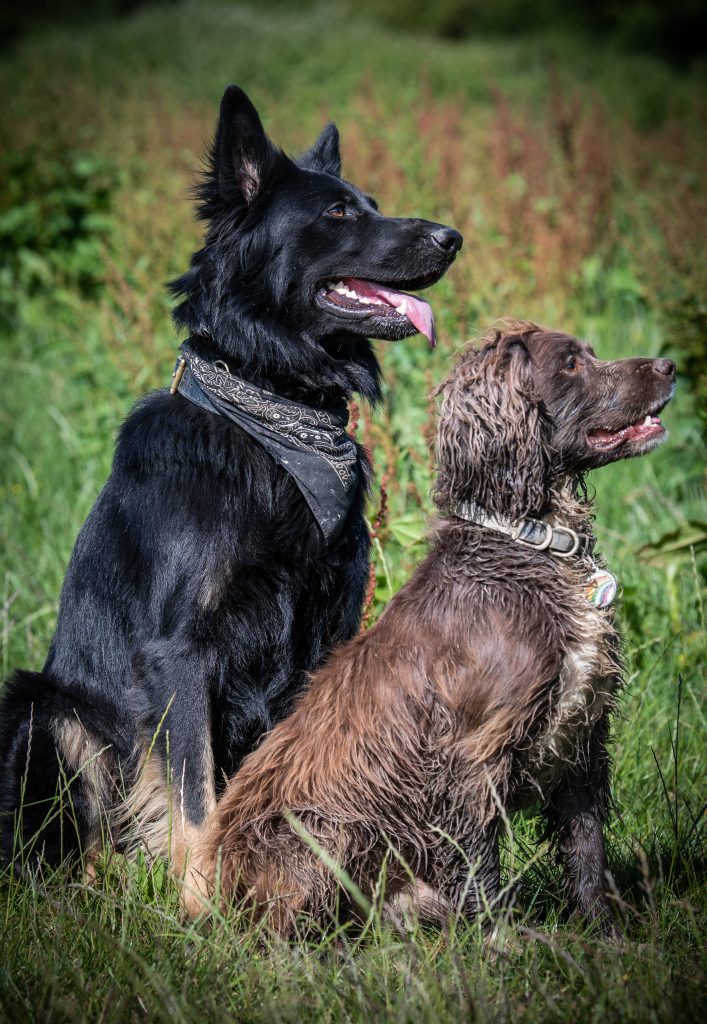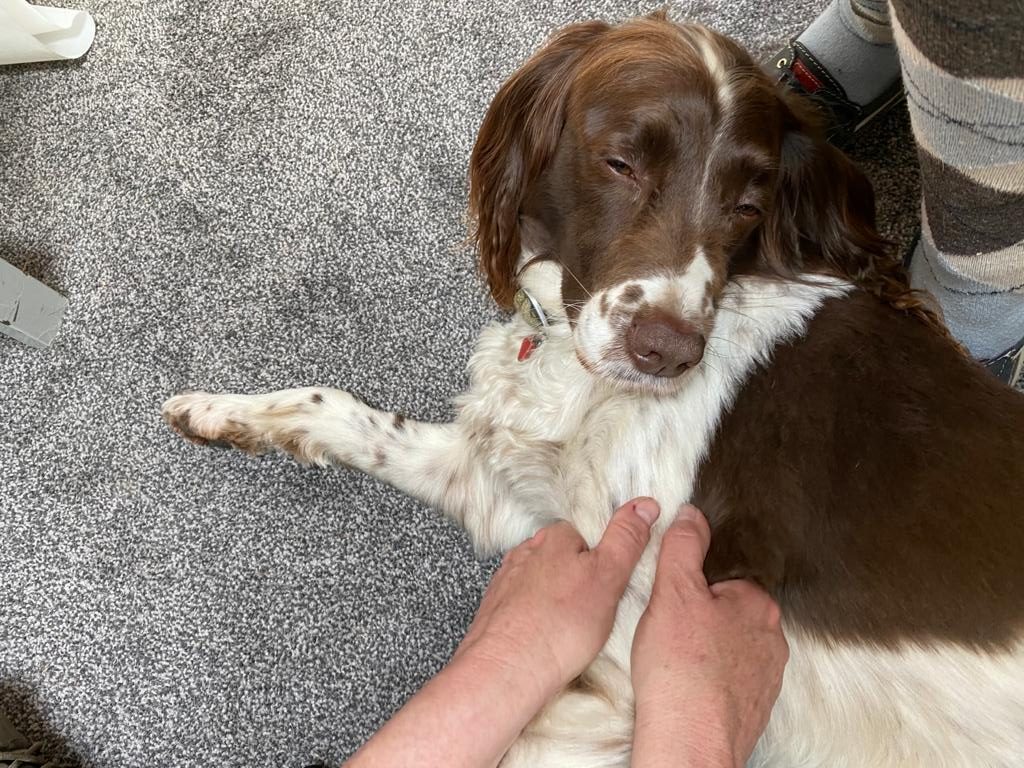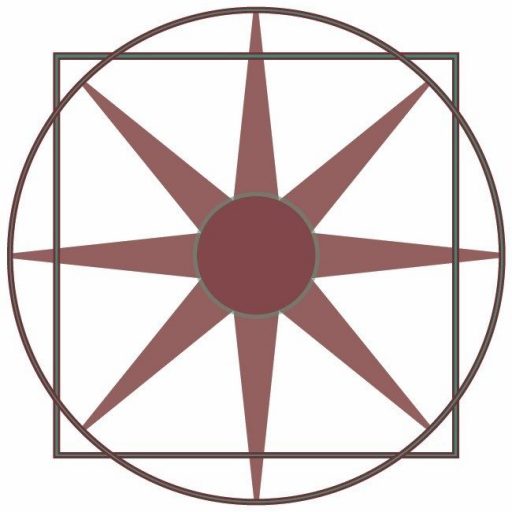Pet Clinic
Animal Osteopathy works on the same principles as human although the biomechanics are different
Animal Osteopathy is a branch of Osteopathy which works on the same principles and theories as human Osteopathy, but with the specific manipulative techniques used by Osteopaths modified to take into account the difference between the human and the animal anatomical structures.
Prevention is better than cure
Osteopathy can also help your dog when recovering from an injury or if you notice a change in your dog’s behaviour. The only way a pet can communicate discomfort or pain is to display changes in personality, character or performance.
Misalignments can cause various symptoms and the animal will often subtly change its gait to compensate for the problem. The joints involved can become stiff and lack their normal range of motion. Ligaments will be put under extra strain and the joints will be more prone to injury. In addition nerves can become impinged causing muscle wasting and weakness.

Animal Osteopathy works on the same principles as human although the biomechanics are different
Problems can occur in dogs for many reasons including the following:
Falls, road traffic collisions, slipping, fighting.
Jumping on and off the sofa, in and out of the car.
Eg. Greyhound/Whippet racing, Agility dogs, show dogs.
From arthritic pain, hip dysplasia can cause the dog to compensate his/her walking gait, which can develop into secondary back problems.
- Dogs with long backs and relatively short legs are prone to disc problems e.g. Dachshunds.
- Hip dysplasia e.g. German Shepherds, Retrievers.
- Cervical vertebral instability e.g. Weimaraners.
- Osteochondritis dissecans affecting the shoulders and elbows e.g. Labrador Retrievers.
Compensations from a injury can affect other parts of the body
“Niki has been treating my springer who had lameness and was struggling to move properly, let alone go for a walk on the fell. After one treatment alone, she was cured of her lameness and is back out and about. I cannot recommend Niki highly enough!”
SARAH GREEN

Osteopathy can typically help the following
- Muscular problems such as stiffness or spasms
- Gait problems such as short or uneven steps
- Aging problems such as arthritis
- Joint Pains, Lameness, Limping
- Spinal related pain, due to injury or congenital issues
- Hip Problems, Congenital
- Hip Dysplasia, Arthritis, Bursitis
- Changes in behavioural patterns, Inability to Relax
- Poor or reduced performance levels
- Post-operative Issues
What to expect
The first consultation and treatment involves a full case history as well as looking at the lifestyle of the animal and the demands placed upon it. The animal will then be observed moving so that the gait and posture can be assessed. When carrying out the procedure, the Osteopath through their palpation skills can easily detect problem areas such as tight muscles, unusual heat patterns or lack of movement in any joints.
Osteopaths will always seek appropriate veterinary advice and treatment alongside any Osteopathic treatment, and will refer patients back to their vet if a problem is not suitable for Osteopathic treatment
*Please note that no animal will be treated without the prior consent of his or her veterinary surgeon. You can download the consent form here.
How many treatments will my dog need?
This depends on the case history of your dog and the diagnosis of their individual issues. For example the age and the demands placed upon him/her. Dogs with specific muscular skeletal injuries may well only need a few sessions to resume normal function.
Agility and Racing dogs, much like human athletes, may benefit from their joints and muscles being cared for regularly. Elderly dogs may benefit from MOT’s to ease arthritic joints to help improve their mobility and combat stiffness.
Sometimes annual check-ups, maintenance treatments, pre-competition/event tune-ups and preventative treatments may be advised. However, this will be discussed with the owner after the first consultation and treatment.
Is my dog covered for treatment on my animal insurance?
Yes, the majority of insurance companies cover Osteopathic treatment from a registered Osteopath holding valid insurance, provided that the treating Vet recommends the treatment and refers the case. (Do check with your insurer prior to treatment if you wish to claim)

Contact us
